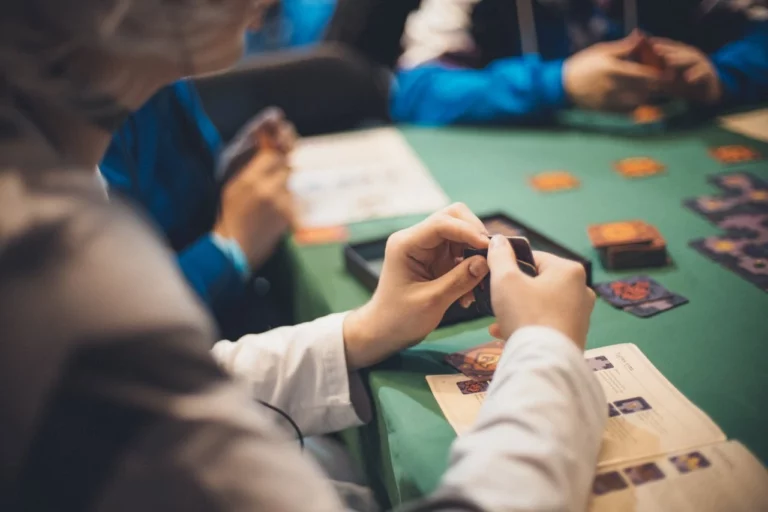Gambling is a popular pastime for many, offering excitement, entertainment, and the potential for financial gain. However, it can also lead to significant problems if not managed responsibly. Understanding the psychology behind gambling can help you maintain control and ensure that it remains a fun and safe activity.
The Thrill of Uncertainty
One of the primary reasons people gamble is the thrill of uncertainty. The unpredictable nature of gambling activates the brain’s reward system, releasing dopamine and creating a sense of excitement. This rush can be highly addictive, leading some individuals to chase losses or bet more than they can afford.
Tips to Manage the Thrill:
- Set Limits: Before you start gambling, set a budget for how much you are willing to spend and stick to it.
- Take Breaks: Regular breaks can help you stay in control and prevent impulsive decisions.
- Stay Mindful: Be aware of your emotions and avoid gambling when you are feeling stressed or upset.
The Illusion of Control
Many gamblers fall into the trap of believing they have more control over the outcome than they actually do. This illusion can lead to overconfidence and risky behavior. It’s important to remember that most gambling activities are based on chance, and there is no guaranteed strategy for winning.
Tips to Avoid the Illusion:
- Educate Yourself: Understand the odds and the house edge for the games you play.
- Avoid Superstitions: Relying on lucky charms or rituals can reinforce the illusion of control.
- Stay Rational: Make decisions based on logic and probability, not emotions or hunches.
The Role of Social Influence
Social influence can play a significant role in gambling behavior. Peer pressure, the desire to fit in, or the excitement of a group setting can lead to increased gambling and higher risks.
Tips to Resist Social Pressure:
- Choose Your Company Wisely: Surround yourself with people who support responsible gambling.
- Set Boundaries: Be clear about your limits and don’t let others influence your decisions.
- Seek Support: If you feel overwhelmed, don’t hesitate to seek help from friends, family, or professional organizations.
Recognizing Problem Gambling
It’s crucial to recognize the signs of problem gambling before it spirals out of control. Some common indicators include:
- Preoccupation with Gambling: Constantly thinking about gambling and planning your next session.
- Chasing Losses: Trying to win back money you’ve lost by gambling more.
- Financial Problems: Borrowing money or selling possessions to fund your gambling.
- Relationship Issues: Strained relationships with friends and family due to gambling.
Tips to Seek Help:
- Self-Exclusion: Many casinos and online gambling sites offer self-exclusion programs to help you take a break.
- Professional Help: Consider seeking help from a therapist or counselor who specializes in gambling addiction.
- Support Groups: Join a support group like Gamblers Anonymous to connect with others who are going through similar experiences.
Conclusion
Gambling can be a fun and exciting activity when approached responsibly. By understanding the psychology behind gambling and implementing strategies to maintain control, you can enjoy the thrill while minimizing the risks. If you or someone you know is struggling with gambling, don’t hesitate to seek help and support.











Leave a Reply